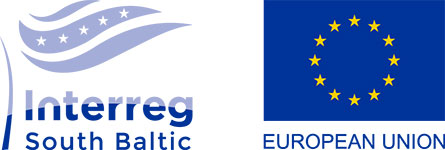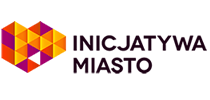INTERREG SOUTH BALTIC PROGRAMME
Our Projects
SB Place Capital – Professional public services for strengthen local communities
Description:
Project aim: Increasing the effectiveness of local participation in the process of planning social services and the use of public areas/spaces in local communities through networking activities and exchange of experience/best practices among SB stakeholders.
Project actions will focused on involving local urban environment (politicians,universities, ngo, self-government authorities and citizens) in area of joint work on improving social services and the use of public spaces. Consortium will identify problems / diagnose the situation in various Baltic cities in accordance to sustainable development goals. We want to identify the most important problems of local social inclusion mechanisms and strengthening participatory processes and support local stakeholders through exchange of experiences, methods, good practice. Long term outcomes will be bringing public services and public spaces closer to people and make them more relevant for citizens.
NBS Markets – Nature Based Solutions in Public Markets and Trading Areas of SB Cities
Description:
Public markets play an important role in European cities. They are places of trade with a potential to become places of sustainable consumption, inclusiveness and environmental transformation. This potential is already recognised by international organisations and individual municipalities (notably cities of Barcelona and London) across Europe. However, it still remains untapped in many areas, especially in Central and Eastern European cities of the SB region. Markets in cities from Central and Eastern Europe have their own set of particularities resulting from their geographical location (climate), they are often localised in central parts of city districts, offer direct access to local produce and are important meeting places. At the same time, they are places that are very often heavily concreted, with little architectural value and devoid of greenery. They are often a source of surface runoff with various origins as well as pollution content resulting from heavy pedestrian and road traffic and trade activities. Despite common characteristics of markets, there is a need to develop solutions that suit their individual needs based on the site-specific issues. We see the current situation not only as a chance to regenerate public markets but also to introduce new vital functions transforming them into spaces rejuvenating neighbourhoods. The project seeks to tackle the potential of urban markets to become catalysts for environmental change. The overall objective of the project is to establish strong partnerships that cooperate to develop and test methods to introduce nature based solutions in markets. Implementation of the future regular project will increase the use of green technologies in cities and address the issue of pollution and waste generated by markets locally. The seed money project will serve to identify municipal partners for the target project, locate problem areas and create an outline of a research and project plan, to be implemented in the future.
BaltiCE – Baltic Circular Economy Lab – as a tool to save resources and mitigate the impacts of climate change
Description:
Our current, linear way of producing and consuming products is ruining fragile ecosystems, causing the loss of valuable natural resources. CE brings more sustainable solutions where products are in use longer and materials are reused to manufacture new products. Today’s dominating economic model is linear: We take virgin natural resources and make products from them which we then discard once we’re done using them — often after a relatively short time. Sometimes the short lifespan is due to planned obsolescence where products break easily and are difficult to repair and upgrade. Linear consumption is reaching its limits. CE has benefits that are operational as well as strategic, on both a micro- and macroeconomic level. The aim of the project is to exchange experience and test solutions leading to the strengthening of CE in South Baltic urban areas. In the course of the project, a preliminary diagnosis will be made, identifying potential areas of action to strengthen CE and possible challenges for their implementation. The initial diagnosis will be used to develop a research and implementation plan for the project to test different solutions to stimulate CE in the specific locations of the partner cities invited to the project. CE enable to make the most of the material resources available to us by applying three basic principles: reduce, reuse and recycle. In this way, the life cycle of products is extended, waste is used and a more efficient and sustainable production model is established over time. The idea arises from imitating nature, where everything has value and everything is used, where waste becomes a new resource. In this way, the balance between progress and sustainability is maintained. Therefore the transition to a CE is still one of the most important transformations in society. It involves rethinking our production processes and value chains, as well as new business models built on collaborative ecosystems, thus need more collaboration and funding.
Projects implemented as part of Interreg South Baltic Programme.



